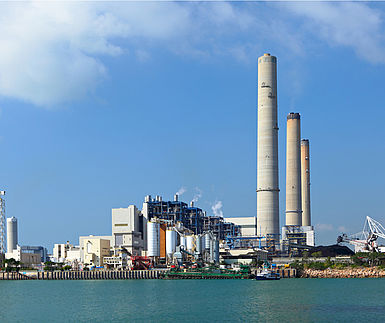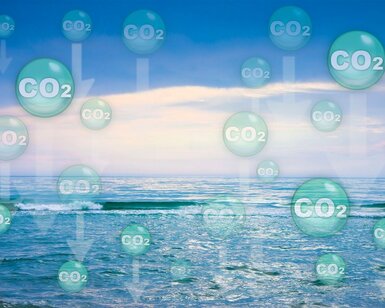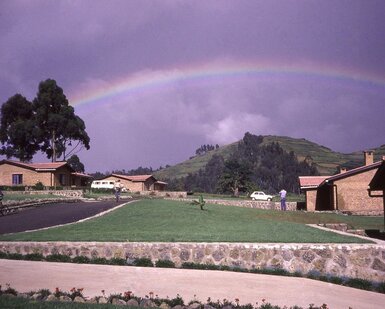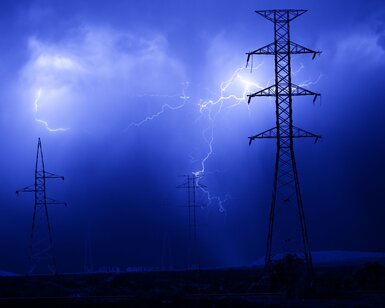Please type a search term (at least two characters)
News
EMPIR project on air pollutant research helps compliance with emission limits

Project consortium invited to present on standardised pollutant measurements to meet the requirements of current and future air quality regulations
The project
Completed EMPIR project Metrology for air pollutant emissions (16ENV08, IMPRESS 2) developed measurement methods for newly regulated pollutants, such as ammonia and hydrogen fluoride. It also addressed the previous lack of uncertainty characterisation in flow measurements and developed next-generation techniques for increasingly stringent pollution limits. The results will enable regulators, process plant operators, manufacturers and measurement service providers to comply with emission limits and monitoring requirements, supporting efforts to ensure cleaner air across Europe for the benefit of public health and the environment.
Project achievements
Achievements during the lifetime of the project include:
- Stakeholder workshop to engage with industrial and regulatory stakeholders. This was well attended with more than 40 attendees and gave the opportunity to communicate the findings of the whole project directly to the important stakeholders, ensuring maximum impact.
- VTT developing an instrument and sampling setup to apportion emission ratios of biomass and fossil fuels from carbon dioxide isotope analysis. This will enable combustion plants co-firing biomass and fossil fuels to report carbon emissions based on measurement of actual emissions.
- Developing and validating new techniques and protocols on stack simulator facilities in order to meet the measurement challenge of lower emission values.
- Focussing on field measurement issues including the validation of flow modelling work. This direct knowledge of real-world measurement challenges allows the metrology community to develop better instruments and methods for future use in the field.
- Peer-reviewed papers that have come out of the project have significantly advanced the evidence base in the scientific literature in this field, especially since they are open access and available to the community.
- Work by NPL and INERIS contributed to a draft standard for the determination of formaldehyde in ducts and stacks which is under preparation by WG40 of CEN/TC 264 European Standards for Clean Air.
- Protocols developed for hydrogen fluoride and ammonia have fed into CEN/TC 264/WG 3 HCI Emission and ISO/TC 146/SC 1/WG 33 Stationary Source Emissions respectively.
- INERIS, RISE, ENEA, ISSI and DTI developed protocols for measuring semi-volatile organic compounds, polycyclic aromatic hydrocarbons or condensable particulate matter generated from small scale biomass. These protocols are now being put forward for adoption as new standards under CEN/TC 295 Residential solid fuel burning appliances.
After the project had finished, NPL was invited to present on behalf of the project consortium at a two-day online conference, organised by the Transeuropean Centre for their clients at leading Eastern European companies. The conference covered industrial emissions monitoring, effective measurement strategy, assessment indicators and management efforts in the context of continuous, automated and long-term industrial monitoring.
Achievements from this project are likely to lead to new reference methods allowing the setting of emission limits for previously unregulated measurands and the tightening of existing limits where the project has improved uncertainties enough to make lower limits enforceable.
Project Coordinator Rod Robinson from NPL said
‘The IMPRESS 2 projected provided important metrological research to improve the measurement of regulated emissions to the atmosphere, including important developments related to smaller emitters such as solid fuel boilers and the impact of stricter emission limits on reference measurement methods. This work has fed into international standardisation activities and is supporting regulators and industry in meeting commitments to reduce pollutant emissions.’
This EMPIR project is co-funded by the European Union's Horizon 2020 research and innovation programme and the EMPIR Participating States.
Want to hear more about EURAMET?
Carbon dioxide, released from man-made activities, is lowering the pH of the Earth’s oceans, and impacting the health of marine organisms worldwide more
Supporting automated and reconfigurable manufacturing systems more
Working with external project Cool White to test and suggest improvements on the locally available white paints more
The project FutureEnergy has provided new calibration services for ultra-high voltages and a good practice guide on Lightning Impulse dividers more
For many of the 5000 photonics companies in Europe a precise knowledge of a material’s optical properties is vital for industrial competitiveness more





